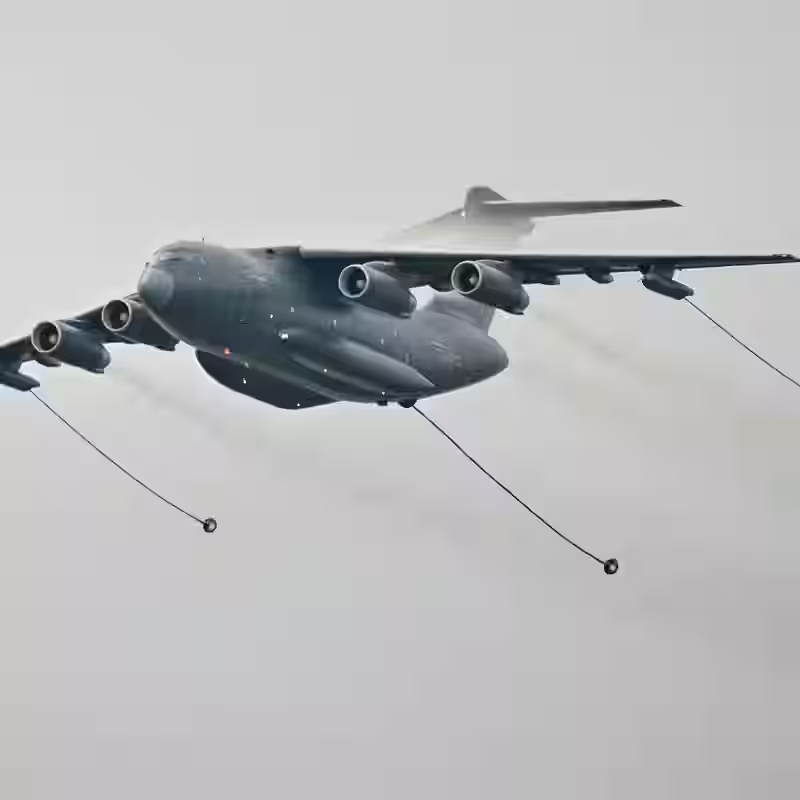Peace Broker by Day, Arms Supplier by Night?
In a stunning revelation that exposes the contradictions of great-power diplomacy, China publicly urged Cambodia and Thailand to end their deadly border clashes in July 2025—while secretly supplying Cambodia with rockets and artillery shells just weeks earlier, according to Thai intelligence documents reviewed by The New York Times.
The Timeline That Tells Two Stories
| Date | Event | China’s Stated Role |
|---|---|---|
| June 12, 2025 | Chinese cargo vessel docks in Sihanoukville, Cambodia | Undisclosed military shipment |
| June 18, 2025 | Thai intelligence intercepts Cambodian military comms referencing “new Chinese 122mm rockets” | No public comment |
| July 5, 2025 | Border skirmishes escalate; 14 soldiers killed | — |
| July 11, 2025 | China issues joint statement calling for “immediate ceasefire” | Neutral peace broker |
What the Documents Reveal
Thai military intelligence reports detail a June 2025 shipment from China that included:
- 1,200 122mm artillery rockets
- 300 high-explosive shells
- Spare parts for Type 63 multiple rocket launchers
The cargo was labeled as “civilian construction equipment” but was offloaded under military supervision at Cambodia’s Ream Naval Base—a facility recently expanded with Chinese investment.
China’s Strategic Balancing Act
Beijing has long cultivated Cambodia as a key ally in Southeast Asia, granting it billions in infrastructure loans and military aid. Meanwhile, China maintains strong trade ties with Thailand—its third-largest ASEAN partner.
“This isn’t hypocrisy—it’s realpolitik,” said Dr. Arisa Bunjong, a regional security analyst at Chulalongkorn University. “China wants influence, not peace. Peace is just the cover story.”
Infographic: China’s Dual Footprint in the Mekong Region

Credit: The New York Times
- 2020–2025: China provides $2.1B in military aid to Cambodia
- 2023: Cambodia grants China exclusive access to Ream Naval Base
- 2024: China-Thailand bilateral trade hits $120B
- July 2025: China hosts “peace dialogue” in Kunming
Regional Fallout
Thailand has not gone public with the intelligence, fearing economic retaliation. But officials in Bangkok are quietly reevaluating defense partnerships—accelerating talks with Japan and the U.S. on joint military exercises.
Cambodia’s government denies receiving weapons, calling the reports “fabricated by hostile forces.” China’s Foreign Ministry stated it “always adheres to peaceful resolution of disputes” and declined to comment on arms transfers.
For more on great-power competition in Southeast Asia, see our analysis on [INTERNAL_LINK:china-southeast-asia-influence].




